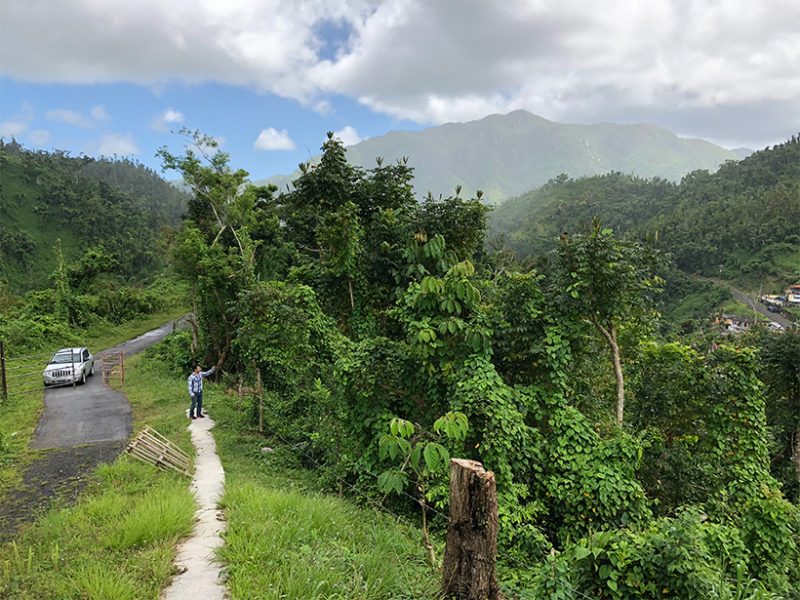Water data fans and foes,
Are you the data rockstar that you want to be? Do you want to spend less time coding and wrestling data and more time on research?
The eScience Institute is holding a Software Carpentry workshop on July 15-18 (9 AM – noon each day) in the WRF Data Science Studio. The Carpentries is a non-profit volunteer organization whose members teach researchers how to use computing tools and tools for management, analysis and visualization of data
The workshop focuses on software tools to make researchers more effective, allowing them to automate research tasks, automatically track their research over time, and use programming in Python to accelerate their research, and make it more reproducible.
Email Sarah Stone (sstone3@uw.edu) or Ariel Rokem (arokem@uw.edu) with any questions about the workshop.

